College Acceleration for All? Mapping Racial/Ethnic Gaps in Advanced Placement and Dual Enrollment Participation
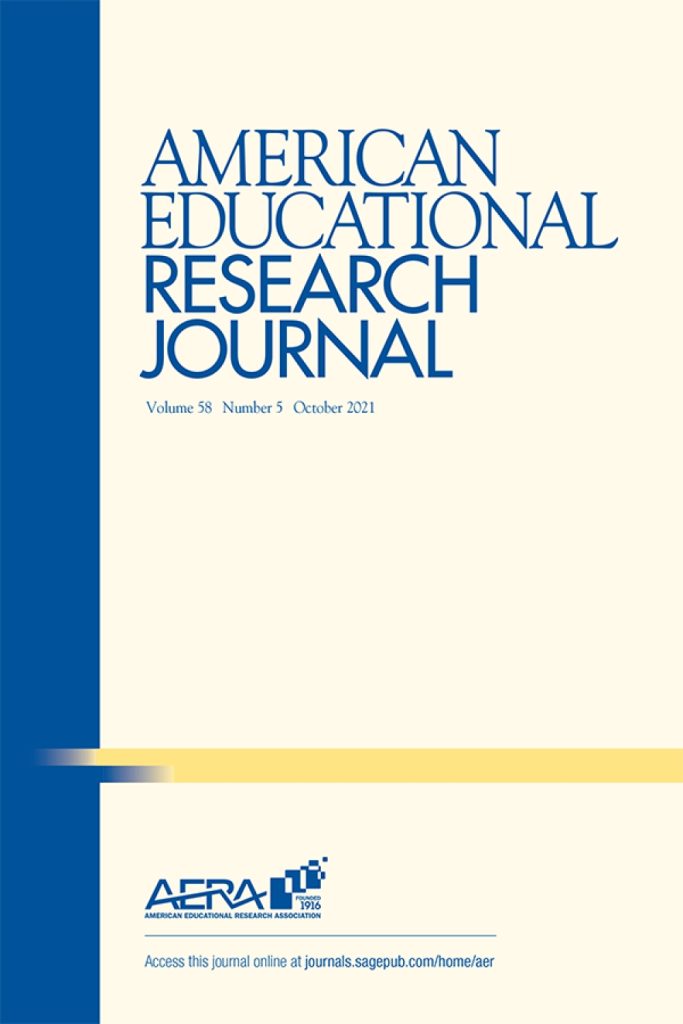
This paper estimates the patterns and sources of White–Black and White–Hispanic enrollment gaps in Advancement Placement (AP) and dual enrollment programs across several thousand school districts and metropolitan areas in the United States.
Can Dual Enrollment Algebra Reduce Racial/Ethnic Gaps in Early STEM Outcomes? Evidence From Florida
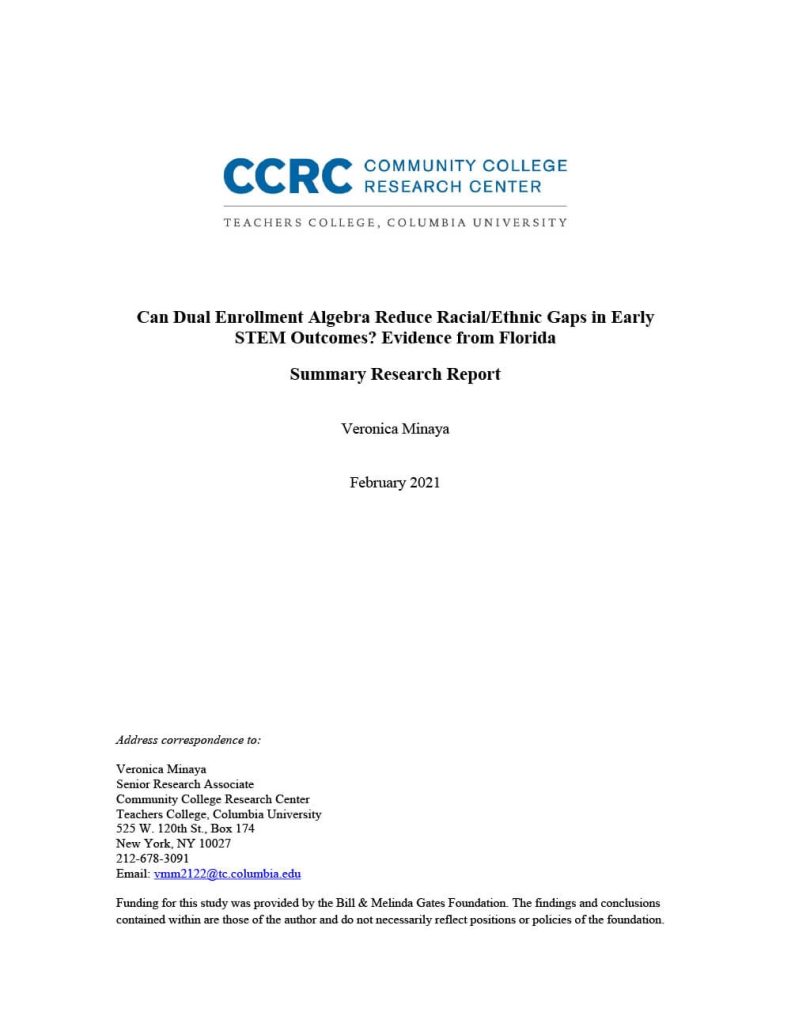
Using descriptive methods as well as a quasi-experimental approach, this report examines the early college outcomes of Florida high school students who enrolled in a dual enrollment college algebra course.
A Changing Paradigm in High School Mathematics
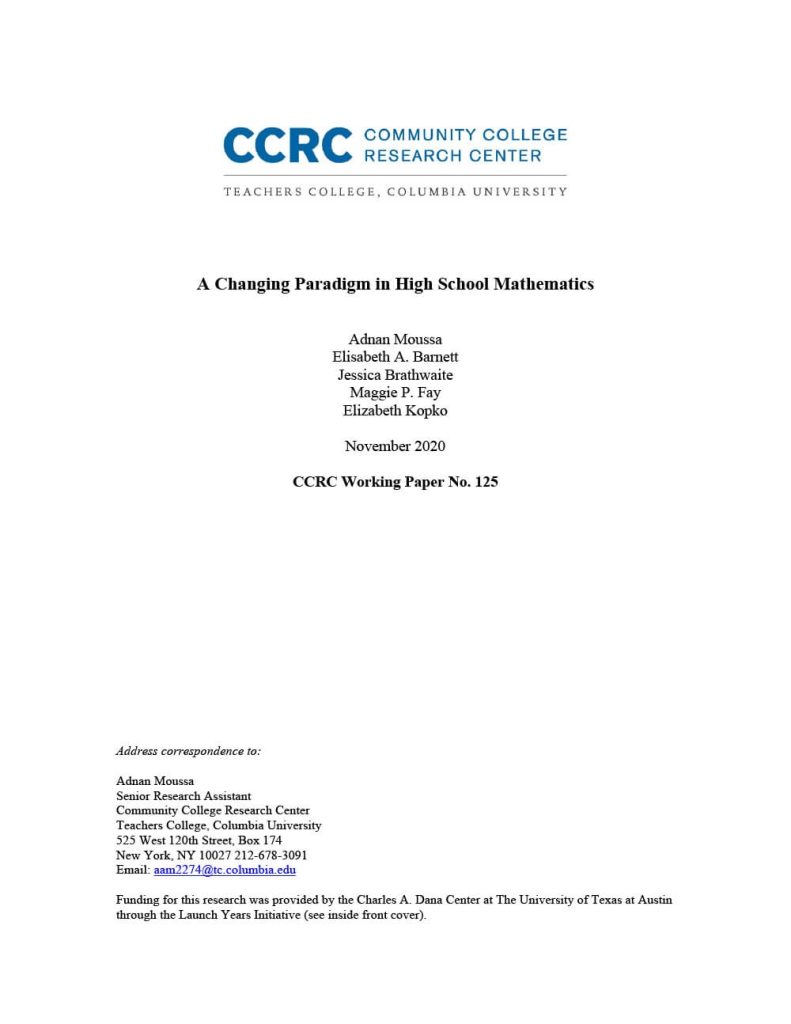
This paper examines challenges embedded within the prevailing high school mathematics course sequence, which prioritizes algebra, and explores innovations that aim to provide curricula and pedagogy more aligned with students’ academic and career goals.
High School Dual Enrollment in Florida: Effects on College Outcomes by Race/Ethnicity and Course Modality
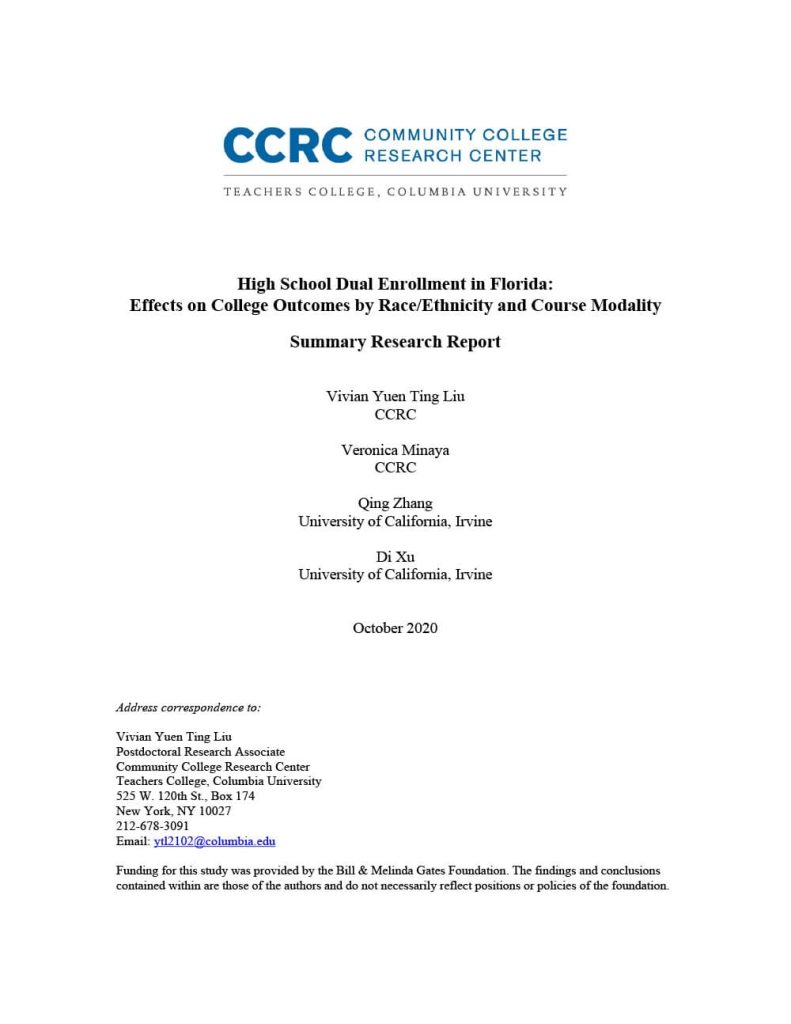
Using data on two cohorts of Florida students who started public high school in 2007 and 2012, this report analyzes dual enrollment course-taking and outcomes by racial/ethnic group (Black, Hispanic, White) and course modality (face-to-face on-college-campus, face-to-face off-campus, and online).
The Dual Enrollment Playbook: A Guide to Equitable Acceleration for Students
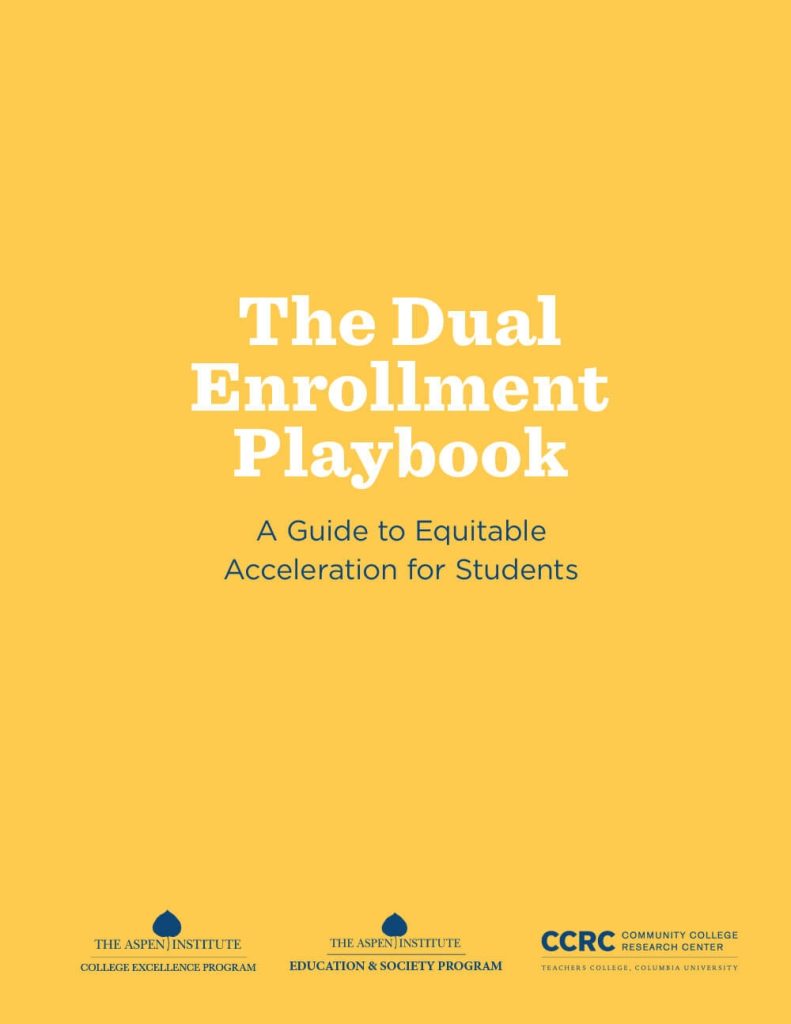
Based on research conducted in three states, this report identifies five principles that undergird the strategies and practices of equitable dual enrollment partnerships between high schools and colleges.
